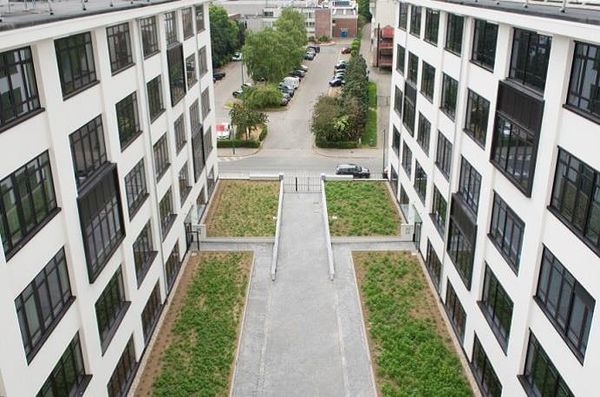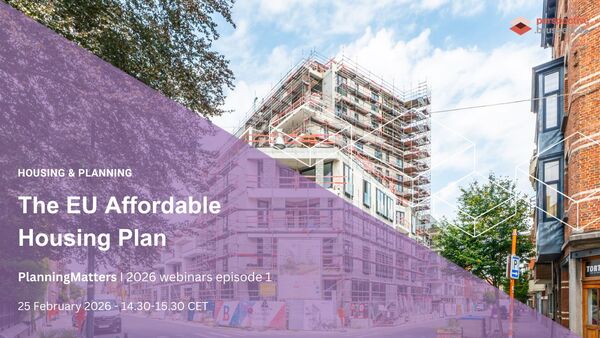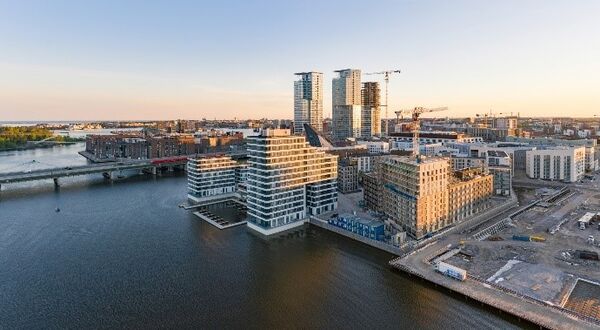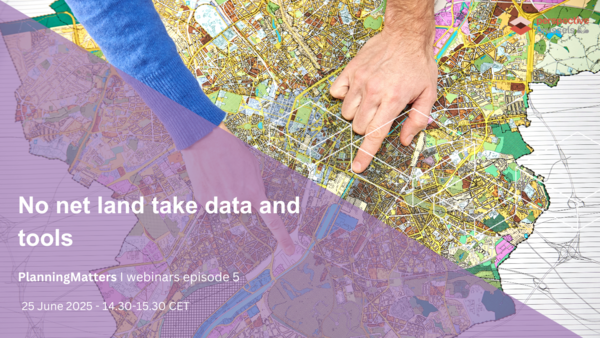- Home
- Urban projects
Urban projects
The territory of the Brussels-Capital Region is constantly developing. Learn more about our urban projects (French or Dutch)
- Urban issues
Urban issues
Housing, facilities, economy, land... perspective.brussels collects and analyses the data essential to the development strategy of the Region. Learn more about these urban issues (French or Dutch)
- Statistics and analyses
- Planning tools
- Who are we?
Collective housing: a new way of living in Brussels
Publication
Posted on 29 September 2021
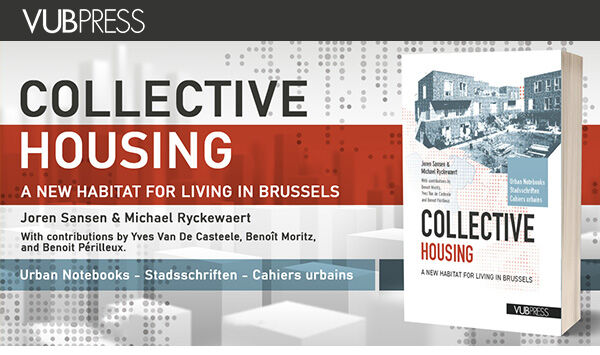
In a city like Brussels, the need for affordable housing for middle-income people is partly linked to the need to reduce the environmental impact of housing. Today's climate and health crises demand that we improve the resilience of our human habitat in the city. It is in territorial planning and in the development of new collective housing projects that the answers to these questions are being sought.
In this context, a study on residential mobility in Brussels was conducted by the Vrije Universiteit Brussel (VUB) and KU Leuven between 2017 and 2020. The research was funded by Innoviris under the Anticipate call, launched in 2016.
This research was sponsored by perspective.brussels and specifically aims to identify mismatches between housing preferences and the housing supply. These mismatches are affected by the way in which collective housing is designed and produced in Brussels.
The results are now presented in a publication by VUB Press: Collective Housing : a new habtitat for living in Brussels.
The Brussels examples are compared with cases in Copenhagen, Amsterdam and Hamburg. Alternative design and organisation strategies are identified.
The cases provide examples for designing communal and circulation spaces which mitigate privacy issues and allow for multiple use. Diversity, flexibility and variation in housing design allow for the creation of multi-family housing adapted to the different stages of life and to the changing composition of households.
This publication was produced with the assistance of the Housing Advisor of perspective.brussels who contributed to the chapter "The state of housing in Brussels. Quantity, affordability and the geography of housing production". This report provides an overview of the housing issue and highlights the current and future territorial challenges needed to combat the growing spatial dualisation of housing in the Brussels Region.
